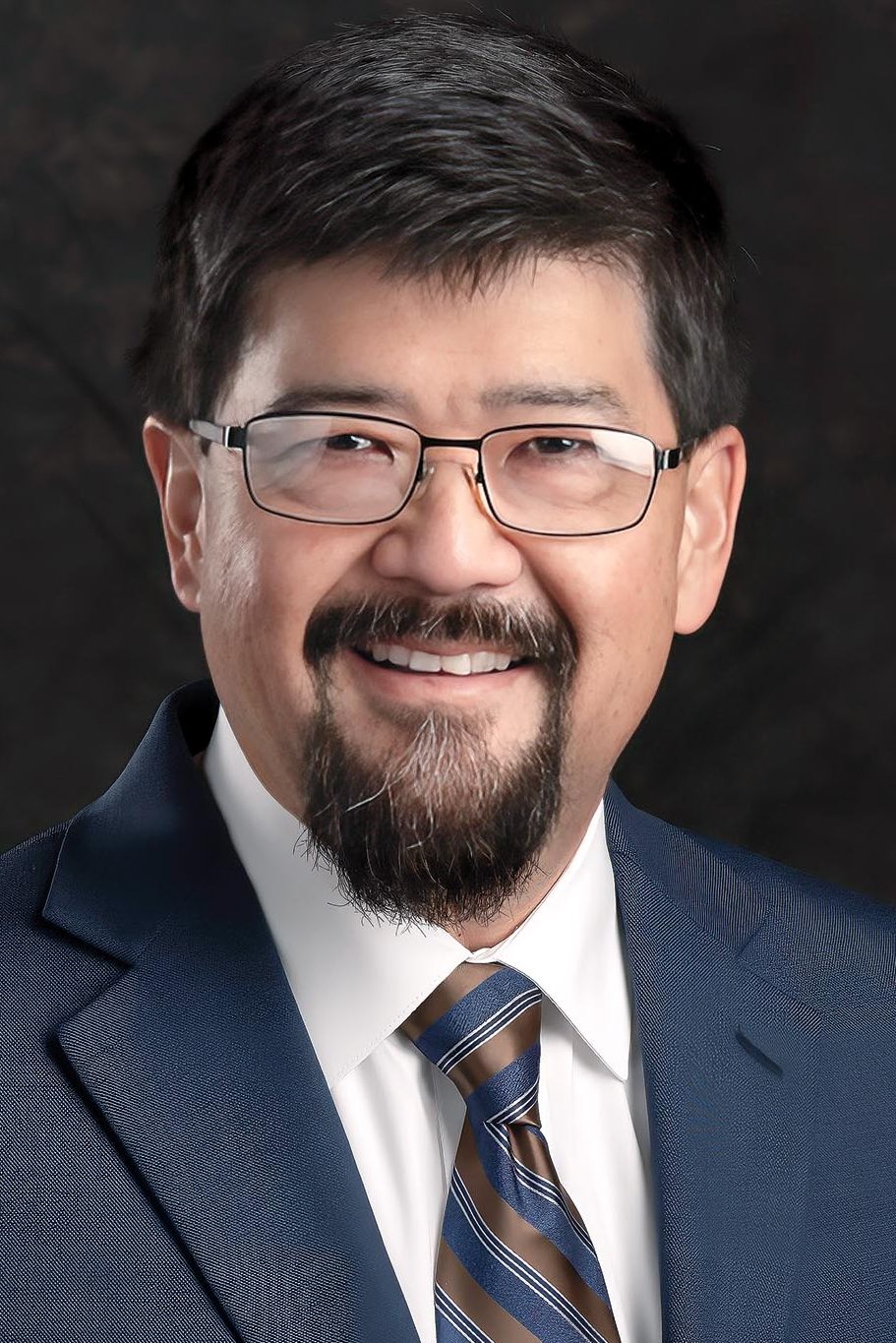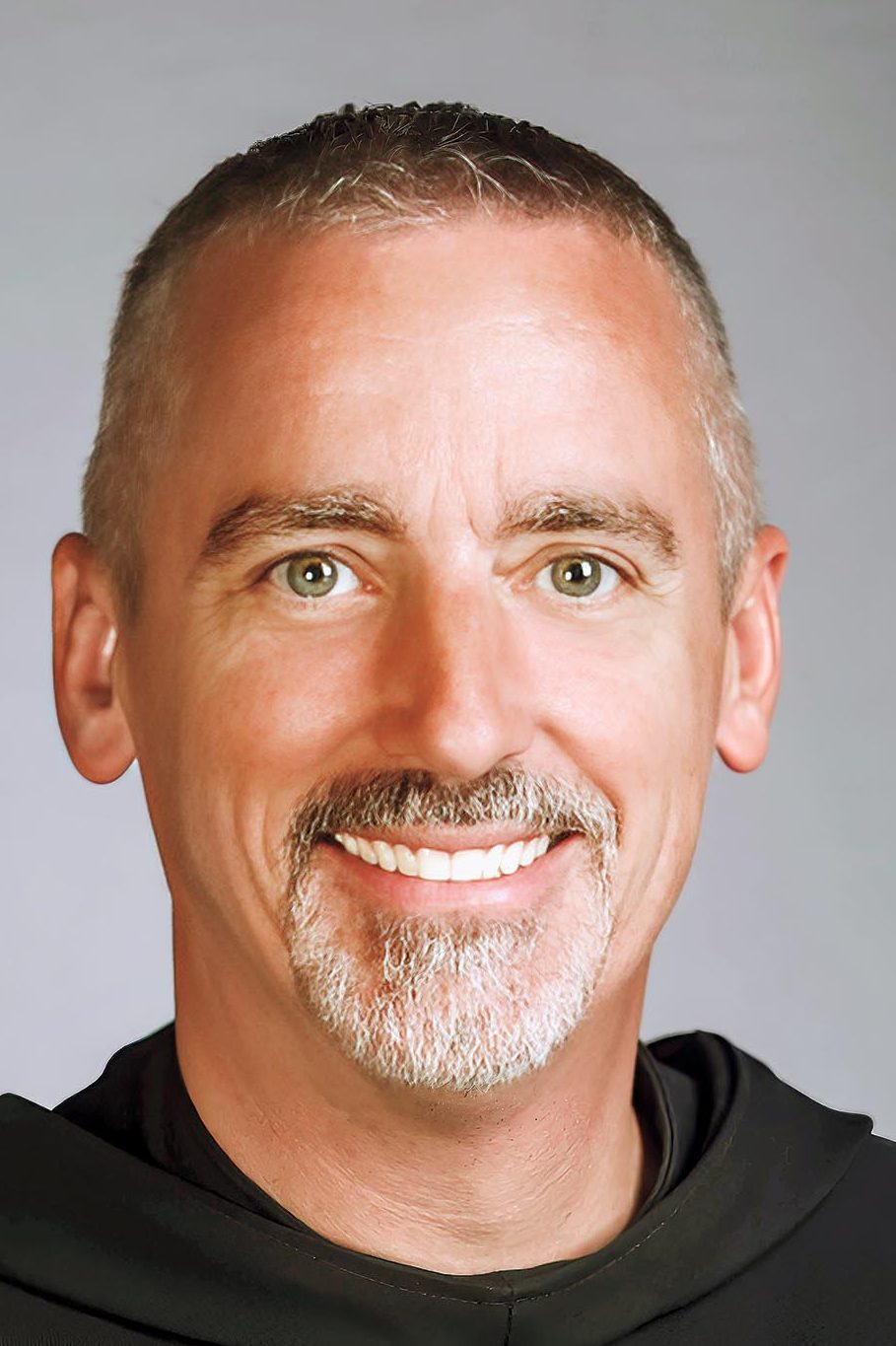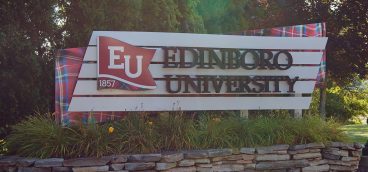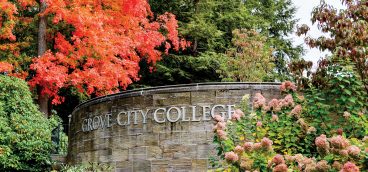Avoiding the Demographic Cliff, Pt. III

Editor’s Note: We’ve asked the Presidents of this region’s colleges and universities to respond in 250 words or less to the following question:
Given that attracting young people is critically important to this area and your institution, how will you overcome declining enrollment trends and how might civic efforts help you do that?
Pt. II

SUSAN TRAVERSO, THIEL COLLEGE
Community and civic engagement at Thiel College has always been a priority but its importance was emphasized when it was included in our five-year strategic plan that was adopted early in 2022. In addition, the college’s focus on community and civic engagement led to a 7 percent increase in total enrollment in 2021 and a 10 percent increase in 2020. These statistics contrast those of national reports showing decreases in college enrollment across the United States. This civic and community engagement is fostered through the college’s addition of academic programs that align with emerging fields and community needs. We have unique partnerships, collaborations and agreements that are developing cybersecurity experts, moving associate degree holders from technical school to a four-year degree and graduating nurses to help our state battle a forecasted nursing shortage. Speech-Language Pathology students get hands-on experience in our Center for Speech-Language Services, which is free and open to the public. Physician Assistant Studies students hosted the program’s inaugural health clinic and fair this year. In addition, our first-year student food drive will celebrate its fifth year of collecting food this August. Our Greek organizations raised more than $50,000 for local and regional charities. Through collaboration with local businesses, organizations, and leaders, the college fosters internship opportunities, job placements, and community engagement programs. These partnerships establish the college as an integral part of the community, making the area more enticing for young people seeking promising prospects.
HOWARD J. ISHIYAMA, LAROCHE UNIVERSITY
La Roche University’s strategic plan is highly responsive to regional needs, with goals to diversify our health care, technology and science programming, and prepare up-and-coming job candidates with employers in Pittsburgh. Recently, we launched several new graduate programs in nurse anesthesia, teaching and communication, as well as an undergraduate Supply Chain Management major and a Family Nurse Practitioner Post Master’s Certificate. Our focus on health care continues to address a nursing shortage and eldercare crisis while contributing to Pittsburgh’s major health systems. We will continue to offer market-centric, mission-focused programs as we meet with our corporate network and local partners. La Roche’s longstanding partnerships enable us to elevate the classroom experience by incorporating real-world projects. These applied, experiential opportunities serve the region’s personnel needs by offering our students opportunities to network and develop the most sought-after skills in today’s job market. In addition to programs and majors, La Roche offers engaging workshops, noncredit courses and community programs to promote learning across the spectrum. Through the Sister Candace Introcaso Center for Lifelong Learning, young professionals at various points in their careers can obtain noncredit credentials, certificates, micro-credentials and badges. This programming is geared toward La Roche alumni and individuals living in the Greater Pittsburgh area. As La Roche explores new and creative ways to serve the next generation and our surrounding community, we will remain true to our mission by encouraging lifelong learning and acknowledging the demands of an ever-changing global society.


MALACHI VAN TASSELL, SAINT FRANCIS UNIVERSITY
In a time of changing demographics and tumultuous external challenges to the academy, it is imperative to focus resolutely on the Catholic and Franciscan identity of the institution. Saint Francis University is attracting students for whom faith, morals, and values are very important. Promoting the traditional, residential, undergraduate experience as a virtuous, formative experience for the student is essential. Diversity and inclusion, as defined by our Catholic and Franciscan values, are modeled at Saint Francis. Undergirding the mission are Franciscan values. Put simply and practically, parents are sending their students to a Catholic and Franciscan university expecting Catholic and Franciscan values to be imparted and affirmed. They send their students to a university of faith, so the faith they instilled in their child may be embraced and deepened, rather than undermined or lost. There is a sacred trust between the university and the family. This applies to other faith traditions: When Christian parents realize that their student can deepen his or her relationship with Jesus Christ, they are happy to send their student to Saint Francis. Likewise, parents of Muslim students appreciate the ethical and moral code at work at the university, and are happy to send their students to Saint Francis University. Over the course of its next 175 years of existence, our strategic vision is this: Saint Francis University is a Franciscan and Catholic university that provides high-caliber education and innovative learning experiences so students become that someone who God calls them to be.
TIM BORCHERS, WEST LIBERTY UNIVERSITY
West Liberty University is a dynamic, inclusive, and student-centered community that cultivates scholarly exploration, experiential learning, creative expression, and global citizenship. West Liberty offers accredited programs, award-winning faculty, and activities and amenities that matter to an engaged and diverse student population. Graduate and undergraduate academic programs offer unique learning opportunities, and new programs will prepare students for the careers of the future. Students feel at home on the safe, small, picturesque campus located an hour from Pittsburgh in West Liberty, W.Va. They enjoy the benefits of a close-knit community fostered by caring and attentive staff. The Hilltoppers compete in 16 NCAA Division II sports. Music, theater, and fine arts programming support a comprehensive college experience. As the oldest institution in West Virginia, West Liberty has a long tradition of providing transformational learning opportunities that include experiential learning and civic engagement that positively impact society. Our students regularly work with nonprofit organizations to develop effective marketing and business plans. They are engaged in a wide range of conservation efforts throughout the region. Additionally, our students provide essential health care services to the community. These experiential learning opportunities allow students to graduate having had the “real life” experience of interacting with clients while producing professional-quality work that positively impacts the Ohio Valley region. Because we are a small institution, we are able to work closely with our students, providing mentoring, support, and professional development on their academic journey.


CHRIS BRUSSALIS, POINT PARK UNIVERSITY
Point Park University and Downtown Pittsburgh share a common objective: attracting and retaining young individuals who seek to live, work, learn, and enjoy the dynamic Downtown environment. Like other city centers across America, Downtown Pittsburgh has faced challenges and undergone changes in the aftermath of the pandemic. We believe Point Park is a critical catalyst in continuing to revitalize Downtown. As the sole educational institution anchoring Downtown Pittsburgh, we have consistently valued and nurtured relationships with civic and community organizations that advocate for Downtown and the Greater Pittsburgh region. We have worked closely with non-profit and industry leaders to create dynamic academic programs designed to help build and support a skilled workforce for the region. A key component of this effort is our expanding co-op education programs, internships, and other real-world professional experiences that we are uniquely situated to leverage. As a Downtown stakeholder, we enthusiastically participate and support efforts to promote the area as a culturally rich, welcoming, and vibrant destination. As we look into the future, we know students will continue to choose Point Park due to its exceptional academic programs, renown Conservatory, faculty, and location. Within walking distance of the campus, students have access to world-class prospects at businesses, non-profit organizations, sports enterprises, and cultural institutions, all of which solidify Point Park University’s appeal and ensures its growth for the future.
MICHELLE PATRICK, ROBERT MORRIS UNIVERSITY
Declining enrollment has been a challenge for the entire higher education industry, but we are seeing growth at RMU. It’s all thanks to a singular focus on our students — their experience, their success — it’s at the heart of everything we do. We believe in them and their potential, often seeing it before they even see it in themselves, and we’re committed to giving them everything they need to thrive. While some higher education institutions haven’t done a great job engaging with industry and community partners, we’re committed to listening. Input from business and community leaders has been invaluable in helping us evolve our academic offerings and professional experiences to prepare our students for the needs of our region’s workforce, both now and in the future. I believe the best way for RMU, our partners in industry, and our community to succeed is together. If we stay focused on what’s right for our students and what’s right for the region, everyone wins.












